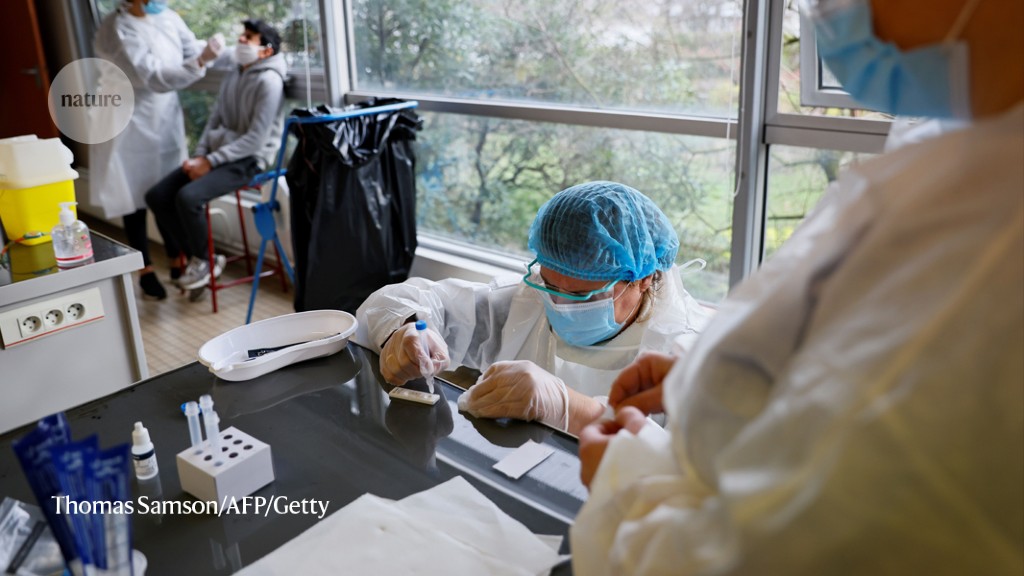But other researchers soon fired back, saying that the claim that the tests could cause harm was wrong and “irresponsible” (see go.nature.com/3bcyzfm). They included Michael Mina, an epidemiologist at the Harvard T. H. Chan School of Public Health in Boston, Massachusetts, who says that the arguments are delaying a much-needed solution to the pandemic. “We continue to say we don’t have enough data yet, but we’re in the middle of a war — we really can’t get any worse than we are at the moment in terms of the case counts,” he says.
The only thing the scientists do agree on is that there needs to be clear communication about what rapid tests are for, and what a negative result means. “Throwing tools at people who don’t know how to use them appropriately is a terrible idea,” Mina says.
It’s hard to get reliable information on rapid tests because — at least in Europe — the products can be sold solely on the basis of manufacturer data, without independent evaluation. There are no standard protocols for measuring performance, making it hard to compare assays and forcing each country to do its own validation.
“It’s the Wild West in diagnostics,” says Catharina Boehme, chief executive of the Foundation for Innovative New Diagnostics (FIND), a non-profit group in Geneva, Switzerland, that has reassessed and compared dozens of COVID-19 assays.
In February 2020, FIND started the ambitious task of evaluating hundreds of COVID-19 test types in a standardized trial. In collaboration with the World Health Organization (WHO) and research institutes across the globe, the foundation runs tests on hundreds of coronavirus samples and compares their performance against those obtained using the highly sensitive technique of polymerase chain reaction (PCR). ...


Recent Comments